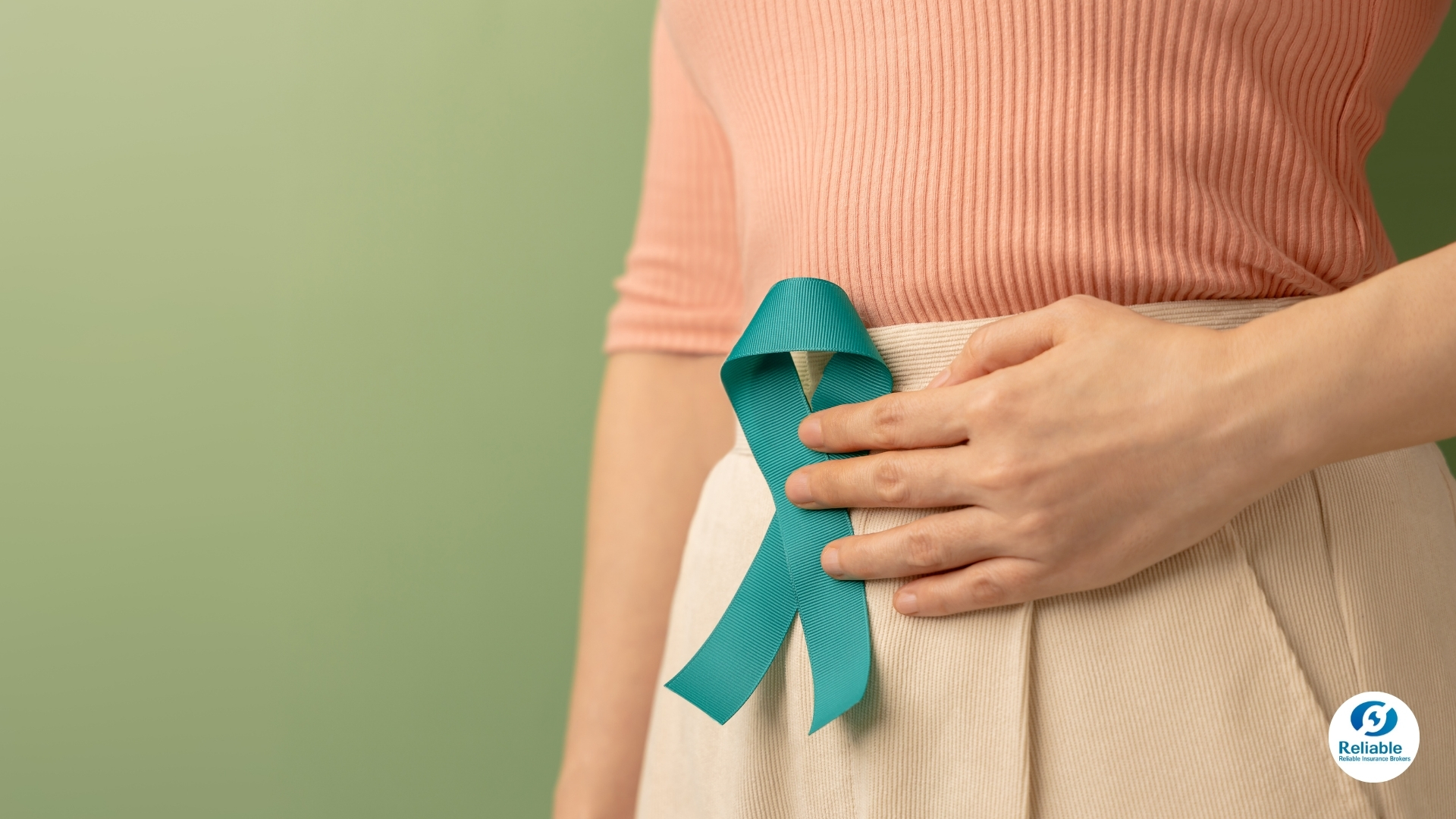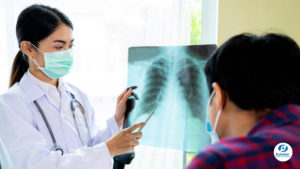Cervical cancer is the fourth most common cancer among women, with the World Health Organization (WHO) noting around 660,000 new cases in 2022. Despite these numbers and the relative frequency of its occurrence, cervical cancer prevention is neither difficult nor expensive to enact. Here are ways you can keep yourself safe from its causes and ensure that you and your loved ones are cervical cancer-free.
What Causes Cervical Cancer and Who’s at Risk?
Cervical cancer causes have a well-known source: the Human papillomavirus, or HPV. This is a sexually transmitted infection that affects the skin, genital area, and throat, and the incidence of infection increases the earlier a person becomes sexually active. HPV will eventually infect any person who regularly engages in sex, but the immune system can prevent symptoms from manifesting in most people. Even if symptoms occur, they often go away within a year or two as your body’s natural protections do their work.
It is the persistent infection of the virus, together with other factors, that leads to cervical cancer. Coupled with a sexually active lifestyle, other cervical cancer causes include obesity and a weakened immune system due to lifestyle choices -- like heavy smoking -- and socioeconomic conditions. The WHO has noted that the highest incidences of the disease are in low- and middle-income countries that often lack the tools and infrastructure to deal with cervical cancer.
How to Effectively Prevent Cervical Cancer
- Immunization. Vaccines for HPV are readily available and are some of the best ways to get cervical cancer protection, but are best given to preteens between 11 to 12 years. Vaccinations are also recommended up to age 26. For those between 27 - 45 years old, it’s best to consult with your doctor first.
- Early Detection. Like with all cancers, early cervical cancer detection means higher chances of successful treatment, even preventing the malignancy. Two screening tests help detect the cancer: Pap smear tests for precancerous cells and the HPV test that detects if the virus is present or not.
- Treatment of Precancerous Lesions. Identifying and removing these cells is key to cervical cancer prevention. If not found and removed, precancerous lesions may develop into full-blown cancer.
- Use Prophylactics. As a sexually transmitted infection, the risk of getting HPV can be reduced through the use of protection methods like condoms, especially among the sexually active.
- Keep Your Immune System Strong. Aside from the vaccine, a strong immune system is a powerful form of cervical cancer protection. This includes eating healthy foods, getting enough sleep, and avoiding vices like smoking.
Health Habits to Prevent Cervical Cancer
- Take Regular Tests. The importance of early detection in cervical cancer prevention cannot be overstated. Make sure to take regular Pap smears or HPV screenings so you can detect the presence of the virus or precancerous lesions at the earliest possible date.
- Maintain a Healthy Weight. Given that the WHO notes obesity as one of the causes of cervical cancer, keeping your weight at healthy levels is a good hedge against the disease. A healthy weight is also good for other health issues, like blood pressure and sugar.
- Live a Healthy Lifestyle. While the pressures of modern life might make this difficult at times, getting enough sleep and eating healthy foods helps boost your immune system, which is key in cervical cancer protection. Avoiding smoking, even second-hand smoke, is also highly recommended.
- Get immunized. If you are still within the peak ages to benefit from the HPV vaccine, get it while you can. Even at older ages, you can consult your doctor to find out if you can still take the vaccine. Protection is always better than a cure.
- Practice Safe Sex. As the WHO noted, sexually active individuals are at higher risk of becoming infected. Especially if your immune system is weak or compromised, it’s best to practice safe sex by using condoms or other forms of protection.
Yes, You Can Prevent Cervical Cancer
Cervical cancer causes are well understood, unlike many other cancers. Preventing the disease is also a simple task of regular screening, keeping your immune system strong, and having a healthy lifestyle. With the proper information and following simple steps in dealing with the ailment, you can keep yourself and your loved ones cervical cancer-free.
Contact Information for Inquiries and Support
If you have any questions or need assistance with your insurance, feel free to reach out to us:
- Call: +63 2 8631 9285 to 86
- Mobile: +63 917 138 5120
- Email: info@reliable-insurance.ph
- Messenger: m.me/reliable.insurancebrokersph
Sources:
- World Health Organization (2024, March 5), Cervical Cancer.
- National Cancer Institute (2025), Cervical Cancer Causes, Risk Factors, and Prevention.
- Centers for Disease Control (2024, December 11), Reducing Risk for Cervical Cancer.










